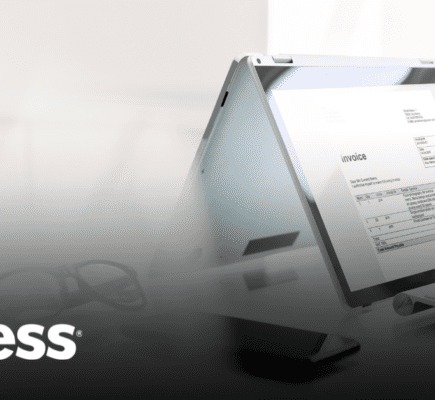
If your HR department is like most, you still use paper for at least some types of employee files. It’s not your imagination that your day is consumed by paperwork—and not just for document-intensive tasks like employee onboarding. Nearly every facet of effectiveness hinges on HR document management processes. We know that there can be significant legal risks to failing to effectively manage personally identifiable information, but that’s only where the costs begin.
Let’s look at some numbers.
- One study showed that HR staff spend 71% of their time on service delivery, record keeping, compliance, and internal management.
- A Software Advice survey found that workers in traditional offices spend an average of 6 hours a week physically searching for paper documents and another 8 hours assembling them into reports.
- The average knowledge worker spends 36% of the workday looking for and consolidating information, an IDC study found. And after searching, they only find the documents they need 56% of the time.
- According to a PwC study, 7.5% of all documents get lost, and another 3% are misfiled.
- It costs $120 of your time just to find a single lost document and $220 to reproduce it from scratch.
Given the enormous number of documents HR departments are responsible for creating and maintaining, it’s not surprising that some get lost. Did you ever stop to think about what that cost you? And you have to waste even more time if you have to track down a signature for the document.
Employee files are chock full of required documents, and HR workers spend hours searching for them. That reality makes an efficient HR document management system essential to improving your processes.
Saving Time and Money
In the Software Advice survey, 91% of respondents said that using HR document management software made finding files easier, and 84% said it simplified the process of creating reports.
Because there are so many different types of forms and HR documents to deal with, organizing them is tricky, and it’s easy to make a mistake. HR document management software provides context by letting you add tags. It’s easier to find what you’re looking for when you don’t have to remember the file type or location. And while a physical document may get misfiled, an HR document management system will find it every time.
According to a report by the Association for Information and Image Management (AIIM), documents without tagging or indexing appear meaningless to anyone who isn’t working on them directly. “The result is that documents end up being handled in as many ways as there are users. In a medium to large organization this quickly translates into chaos,” the study found.
With a document management platform, you can find missing documents in seconds instead of hours. And instead of sending forms to employees for signatures, you can have them signed electronically. According to Gartner’s 2014 Hype Cycle for Human Capital Management Software report, digitizing HR documents can result in productivity savings of 15% or more.
HR document management software also saves you time by keeping track of the various retention timeframes HR documents require, automatically alerting you when the retention period is over. Alternatively, you can place a hold on deletions for any files related to a court case, rather than sorting through everything by hand and hoping you find them all.
HR Document Management Transformation
A Deloitte study said that HR is undergoing profound and rapid change as it is asked to take on a larger role in making organizations digital. Fifty-six percent of companies surveyed said they are redesigning their HR programs to incorporate digital and mobile tools.
These tools will become even more important as technology evolves. By adopting an automated document management solution that can serve as a repository for your HR documents, your “single source of truth,” you set yourself up for a future that will include advanced technologies like machine learning and robotic process automation to make HR even more efficient.
In the meantime, as you plan your next budget cycle, you can make some calculations to show just how much money your organization would save by automating your HR document management right now.
To learn more about the software and process features that enable effective HR document management, read our ebook: What HR Leaders Need In a Document Management Solution



